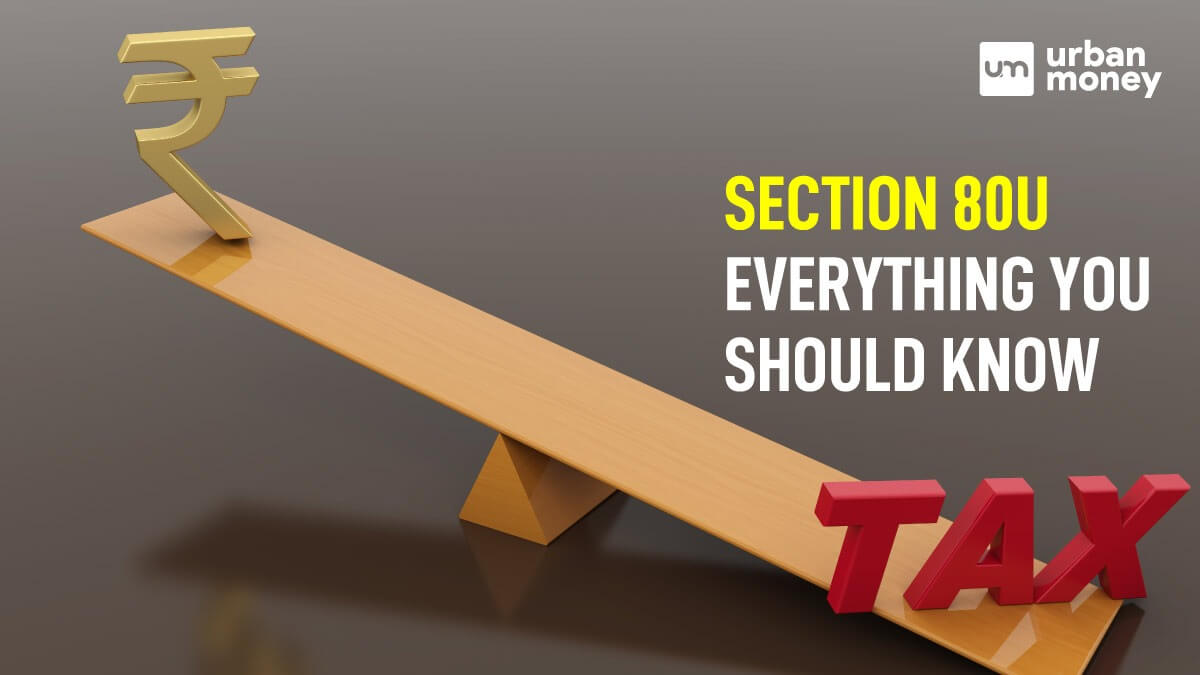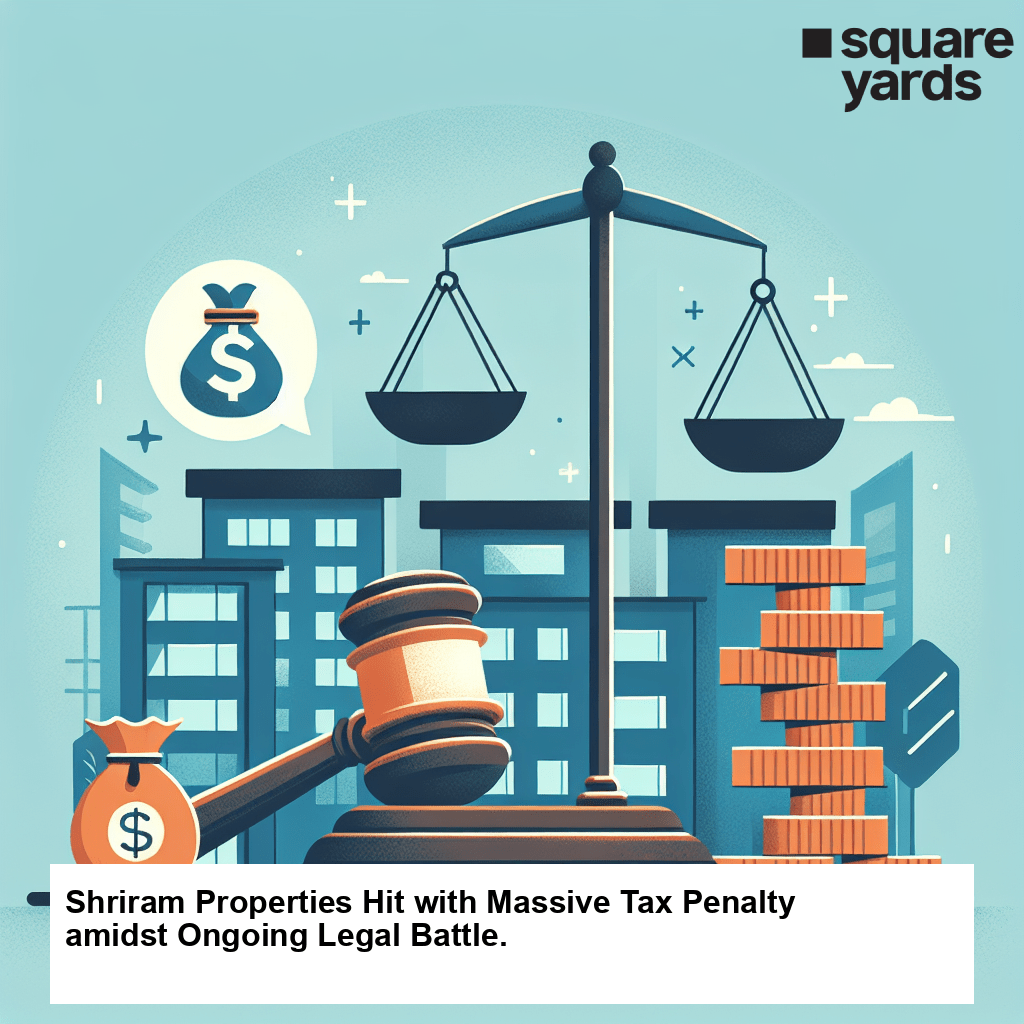Do you think that investing in the stock market is like gambling? Well, that’s a common misconception. Usually, even the thought of investing in the share market scares off many people. This is mostly because either one doesn’t understand how the stock market works or has very little to no knowledge about how the market functions.
What instils fear among many are the anecdotes of average investors losing 50% of their portfolio value. Also, it won’t be wrong to say that investing is like a sentiment of the pendulum that keeps swinging back-forth between greed and fear.
We can’t deny the fact that the stock market investment carries risk but when you approach it in a strategic manner, it could be one of the most efficient ways to boost your net worth.
For most people, the value of their home is generally of the highest worth, however, many rich people invest a majority of their wealth in the stock market.
To understand the mechanism of the stock market in detail, let us start with the basics.
What are Stocks?
A stock is a security or financial instrument that represents the ownership of investors in a corporation or company. A stock is also known as a share or company’s equity. It entitles the owner of the stock to a part of the company’s assets and profits equivalent to the amount of stock they own.
Representing units of shares, stocks are bought and sold hugely by investors on stock exchanges. However, there could be private sales as well. They are the main base of the portfolios of various investors.
The transactions of stocks must be done following the government regulations that are created to protect the investors from doing and falling into fraudulent practices.
If you wish to buy shares or stocks in the share market, you should contact online stockbrokers who have good market knowledge.
What is a Stock Market?
Call it the share market, equity market, or the stock market, all of them are the same. A stock market is a public market where investors and traders gather together to buy and sell companies’ shares. They buy a part of any company and claim ownership of the purchased stock.
A stock market can also be defined as the collection of various stock exchanges and other venues where the buying, selling and issuance of shares of publicly listed companies take place.
The aforementioned financial practices are conducted through OTC (over-the-counter) marketplaces operating under a specified set of regulations and institutionalised formal exchanges (stock exchanges) that could be either electronic or physical.
While people use both the terms “stock market” and “stock exchange” interchangeably, the latter usually consists of a subset of the former.
For instance, if you trade in the stock market, it means that either you buy or sell shares of companies on one or more stock exchanges that are part of the entire stock market.
Every country has its own stock exchanges. While some may have one to two exchanges, others may have more than two exchanges. Currently, India has 9 active stock exchanges.
Types of Stock Market
The stock market can be categorised into two types- Primary Market and Secondary Market. Let us find what they mean:
Primary Market
The primary market is the place where companies register themselves so that they can issue shares to the public and raise money. It’s also known as the process of listing on the stock exchange.
The main reason why companies enter into the primary market is to raise funds and if the company sells their shares for the very first time, it is known as the IPO(Initial Public Offering). When a private limited company is listed on the stock exchange, it becomes a public entity.
Secondary Market
Once the new securities are sold in the primary market, the shares of a company are traded in the secondary market. So, investors can exit after they have sold their shares. Such transactions that are done in the secondary market are known as trades or stock market trading.
It consists of investors buying shares from each other and selling them amongst themselves at a price they have agreed upon. Furthermore, these transactions are facilitated by intermediaries called brokers.
How does the Stock Market Work?
The stock market works in a specific pattern as described below:
Understanding the Stock Exchange Platform
A stock exchange is actually a platform where a private limited company first lists itself and then goes public. It’s a platform where the trading of financial instruments such as stocks and derivatives are conducted. While the activities on stock exchanges are regulated and governed by the SEBI (Securities and Exchange Board of India).
Therefore, anybody who wants to conduct trade in the stock market needs to register with SEBI as well as the stock exchange. Trading activities comprises issuance of shares, brokering, etc.
Listing of Companies in the Secondary Market
The companies follow a process of IPO in which they list themselves on the secondary market for the first time. The shares of stocks are allotted before listing and investors who bid for the stocks get their share based on the number of investors vouching for it.
Trading in the Secondary Market
Once the company has become a public entity i.e. it is listed on the exchange, investors can start trading its stocks in the secondary market. Typically, this is the marketplace for the buyers and sellers where they can transact and generate profits or losses, depending on the type of stock and market conditions.
Stock Brokers
It’s quite difficult to have all the investors gather at one location as there are thousands of them. In such a case, trading could be intricate and that’s where the brokerage firms and stockbrokers come into the picture.
These entities are registered with the Stock Exchanges and act as intermediaries between the exchange and investors. So, when you request to buy a share at a given price, the broker or the broker firm processes it at the exchange where various parties are involved.
Passing of Your Buy Order
When the broker passes your buy order to the exchange, your order is matched for a sell order by the exchange for the same. When the buyer and the seller agree upon a price and give it a green signal, then only the order is confirmed.
Settlement
Once you have finalised the price, the exchange verifies the particulars to ensure that the transaction doesn’t have any default. The exchange then allows the transfer of ownership of the shares. This process is known as Settlement.
Once the settlement is done, you will receive a message. Besides you, the message will be communicated to multiple parties involved in the transaction like the exchange floor traders, brokerage order department, and more.
What is a Stock Exchange and How Does It Work?
A stock exchange is a place or exchange where the stockbrokers and traders come together to buy and sell securities, bonds, etc. A stock exchange is also known as a securities exchange.
Stock exchanges also render facilities for the issuance and redemption of various securities and financial instruments and capital events that may include the payment of income and dividends.
Securities trading on the stock exchange comprise stock issued by listed companies, derivatives, bonds, pooled investment products and unit trusts.
Often, stock exchanges serve as “continuous auction” markets with sellers and buyers who consummate transactions through open outcry at a central location such as either through an electronic trading platform or the floor of the exchange.
Largest Stock Exchanges
Currently, India has nine active stock exchanges. However, the Bombay Stock Exchange (BSE) and the National Stock Exchange (NSE) are the two most popular and largest stock exchanges in India.
1. Bombay Stock Exchange (BSE)
Bombay Stock Exchange (BSE) is the oldest and first stock exchange in the whole of Asia. It was established in 1875. It serves as the country’s backbone and plays a significant role in the GDP of India.
The primary goal of this stock exchange is to facilitate a transparent and most efficient market for trading mutual funds, currencies, equities, securities, and more. As per the official website of the Bombay Stock Exchange, its vision is to “Emerge as the premier Indian stock exchange with best-in-class global practice in technology, products innovation and customer service.”
BSE is a fully-owned subsidiary. One of its subsidiaries, namely, Indian Clearing Corporation Limited, acts as a central counterparty to all the trading practices that take place on the exchange. Furthermore, it also facilitates settlements of the trades executed.
The other subsidiary of the Bombay Stock Exchange is the BSE Institute Limited. This serves as a capital educational institution in the country. Initially, in the year 1850, BSE used to hold meetings under a Banyan tree with five stockbrokers gathered in front of the Mumbai Town Hall.
However, as the number of brokers started increasing, the location of gatherings kept changing until ultimately, it found a permanent space- the Dalal Street in 1874. Later, the exchange created its own index that could measure and track the overall performance of the stock exchange. Its first stock market index was S&P BSE SENSEX. It was launched in 1986.
Besides SENSEX, it has some other important indices as well such as BSE100, BSE200, BSE SMALLCAP, BSE MIDCAP, BSEPharma, BSEMetal, BSEAuto, etc.
2. National Stock Exchange (NSE)
National Stock Exchange (NSE) is India’s leading stock exchange and one of the most popular exchanges just like the BSE. It was launched in 1992 and is known as the first dematerialised electronic exchange in India. NSE got registered under the Securities Contract Regulations Act and was recognised as the stock exchange in the year 1992.
The National Stock Exchange of India operates with a vision “to continue to be a leader, establish a global presence, facilitate the financial well-being of people.”
The National Stock Exchange of India became the first exchange to render a fully-automated screen-based trading platform to the investors to help traders trade effortlessly. Just like BSE, NSE also has stock market indices and NIFTY 50 is the most popular one among all. It is used extensively by investors around the world so that they can keep a record of the stock market performance in India.
Apart from all of the aforementioned, NSE plays a significant role in the creation and establishment of the National Securities Depository Limited (NSDL). NSDL helps investors hold and transfer shares through electronic means without any hassle. Eventually, this is helping investors to keep their financial instruments such as stocks, equities, bonds, etc. in digital form. This has also reduced the issuances of fake certificates.
How Share Prices are Fixed?
Share prices depend on various factors. Supply and demand are some of the most crucial ones. While demand is the amount of shares people wish to buy, supply is the number of shares that stock market participants want to sell.
The price of a stock is determined when demand and supply intersect at a certain price level (equilibrium). It means that the seller and buyer agreed to trade at a specific price point.
If the price of the stock drops continuously, it is called a downtrend and it is considered as the “bear” market. However, if the price of the stock goes up, it is called an uptrend and it is considered as the “bull” market.
When a company is performing well, the demand for buying the shares of that company increases. When this happens, the buyers of the stock entice sellers by bidding higher prices. This makes sellers sell the shares of that specific company at the prices agreed. This, eventually, increases the price of that stock.
However, if the company isn’t performing well, the supply for the company will increase as more people will want to sell the shares of that company.
Besides supply and demand, fundamental factors such as EPS (earnings per share) and the P/E ratio also play a crucial role in determining the price of a stock.
Another important factor that affects the price of a stock is the technical factor which is a compound of external conditions altering the demand for and supply of a company’s stock. Some of these indirectly impact fundamentals.
Benefits of Stock Exchange Listing
As discussed earlier, stock exchanges play an important role in upgrading the country’s economy in modern times. Apart from that, they could be highly beneficial in several other ways. Some of them have been listed below:
Stock exchanges play a crucial role in boosting the country’s economy in contemporary times. Besides that, they can be helpful in various other ways. Some of them are as follows:
Help in Setting the Fair Price
A stock exchange is incredibly helpful in deciding the right prices of publicly listed companies.
Safeguards the Interest of Investor
The stock exchanges have designed certain guidelines for the listed companies so that they can operate in a fair manner. Those listed entities are obligated to follow them properly so that the interest of investors could be protected at every step of trading and investing in the stock market.
In case the company plans to make any changes or take major decisions, it must send a notification to the stock exchange first.
Foster Industrial Advancement
The availability of capital plays a major role in the industrialisation of a country. Stock exchanges bring in a lot of capital by allowing the public to invest directly in the companies of their choices.
Serve as Secondary Markets
Stock exchanges facilitate investors of particular bonds such as the SGBs (Sovereign Gold Bonds), to sell their shares or holding within the maturity or lock-in period.
Decrease the Dependency on Loan for Companies
Exchanges save corporates from availing of loans which can become a huge liability and let companies go into debt. Instead, the stock exchange helps them to raise funds through issuing securities. This will indeed, save them a significant amount of regular interest outgo.
Problems Associated with Stock Exchange Listing
The biggest con of listing a company on the stock exchange is that a company may be undervalued. Besides, you have to make each and every operation of the company go public as obviously, people will be investing in them.
Although there could be one or two banes, its pros overshadow the cons.
Investing in Stocks – How to Invest in Stock Market?
Stock market investment is no rocket science. If you are determined to start investing and earning passive income from the stock market, the process is as simple as it’s given below:
Decide What Kind of Account You Wish to Open
There are various types of investment accounts that you can open. For instance, if you want to invest in the stock market, you will need a Demat account, for trading- a trading account, for savings- a saving account, for keeping fixed deposit- fixed deposit account, and so on.
Open a Brokerage/Demat Account
Since you have already decided on investing in the stock market, you will need a brokerage account because only a stockbroker can let you invest in the secondary market. Obviously, you would have to pay a certain brokerage fee before you start investing or stock trading.
Add or Deposit Money
Before you start trading or investing, you have to add or deposit some money into your Demat account. You can also proceed with the recurring deposits to automate your investment goals moving forward.
Make Your Investment Choices
Once you are done with all the processes as aforementioned, you can start buying and selling securities. You can go for individual stocks and bonds, index funds, mutual funds, and exchange-traded funds (ETFs) that consists of comprises hundreds of individual securities.
According to stock market experts, you should always have a diversified portfolio and a fund-based approach to mitigate the risk of losing all your money in case any of your chosen stocks go down.
Purchase Your Investments
Once you have decided on what you wish to buy, it’s time you need to think about how many shares of a particular stock you are willing to buy. Proceed as per your requirements.
And Voila! It’s done.
Stock Market Indices
A stock market index is a performance indicator that tracks the overall performance of the stock market. They are formulated of a selection of stocks that is designed to reflect how stocks are performing on a daily basis. In fact, the stock market indices themselves trade in the form of Futures & Options contracts, which are also traded on the stock exchanges.
There are various stock market indices in India. The most popular ones are NIFTY 50 and BSE SENSEX. However, if we talk about the US stock market, Dow Jones Industrial Average (DJIA) and Standard & Poor’s 500 Index (S&P 500) are the most popular ones.
FAQs about How Does Stock Market Work
Q1. What is a share market?
Share market is another name for stock or equity market. A share market is the collection of various stock exchanges and other venues where the buying, selling, and issuance of shares of publicly listed companies take place.
Q2. How do you make money in the stock market?
To make money in the stock market, it’s important to understand how the stock market works. It’s important to choose the right stock that has the potential to grow in the future. The right stock is the one that has a good future scope, whose management is better, and likewise, there are various aspects that define a good stock. You must follow them properly.
When you have a defined goal and you are investing with a proper strategy, you can bring in a lot of profits.
Q3. How does the stock market work for beginners?
For a beginner, it’s important to acquire knowledge of stocks and the share market. One must first try to understand the stock market meaning. The individual must comprehend the mechanism of the stock market well. Besides, they must keep a track of high and low performing stocks for the last 5 years at least. Not only beginners, but this is a common and the most important point to ponder for every stock market investor. Rest, the working of the stock market is similar to everyone. There’s no hard and fast rule for beginners. It’s all about taking the right approach.
Q4. Who controls the stock market?
The stock market is controlled and regulated by the SEBI (Securities and Exchange Board of India) which was established under the SEBI Act 1992. SEBI is the principal regulator for all the stock exchanges in India.































































